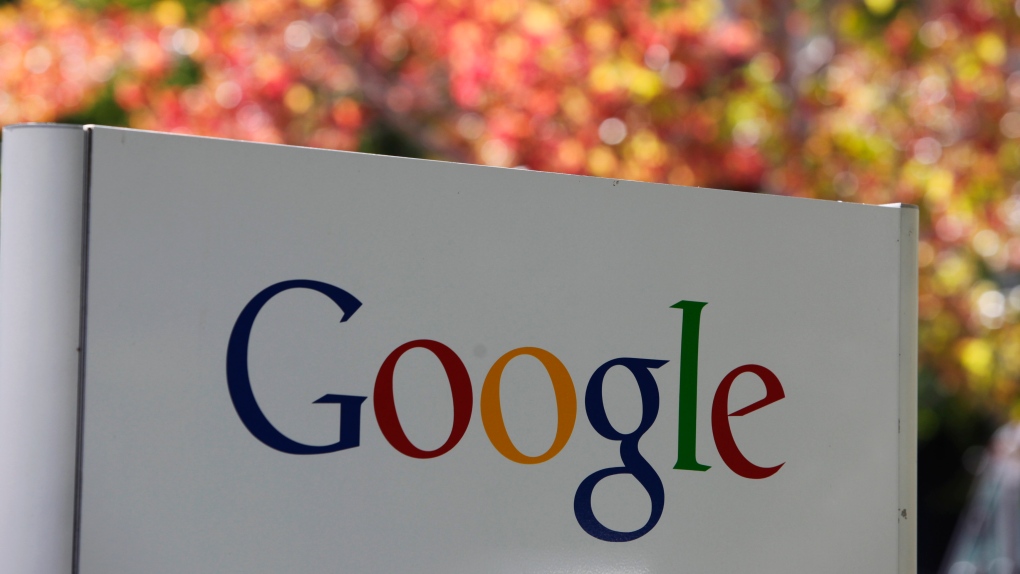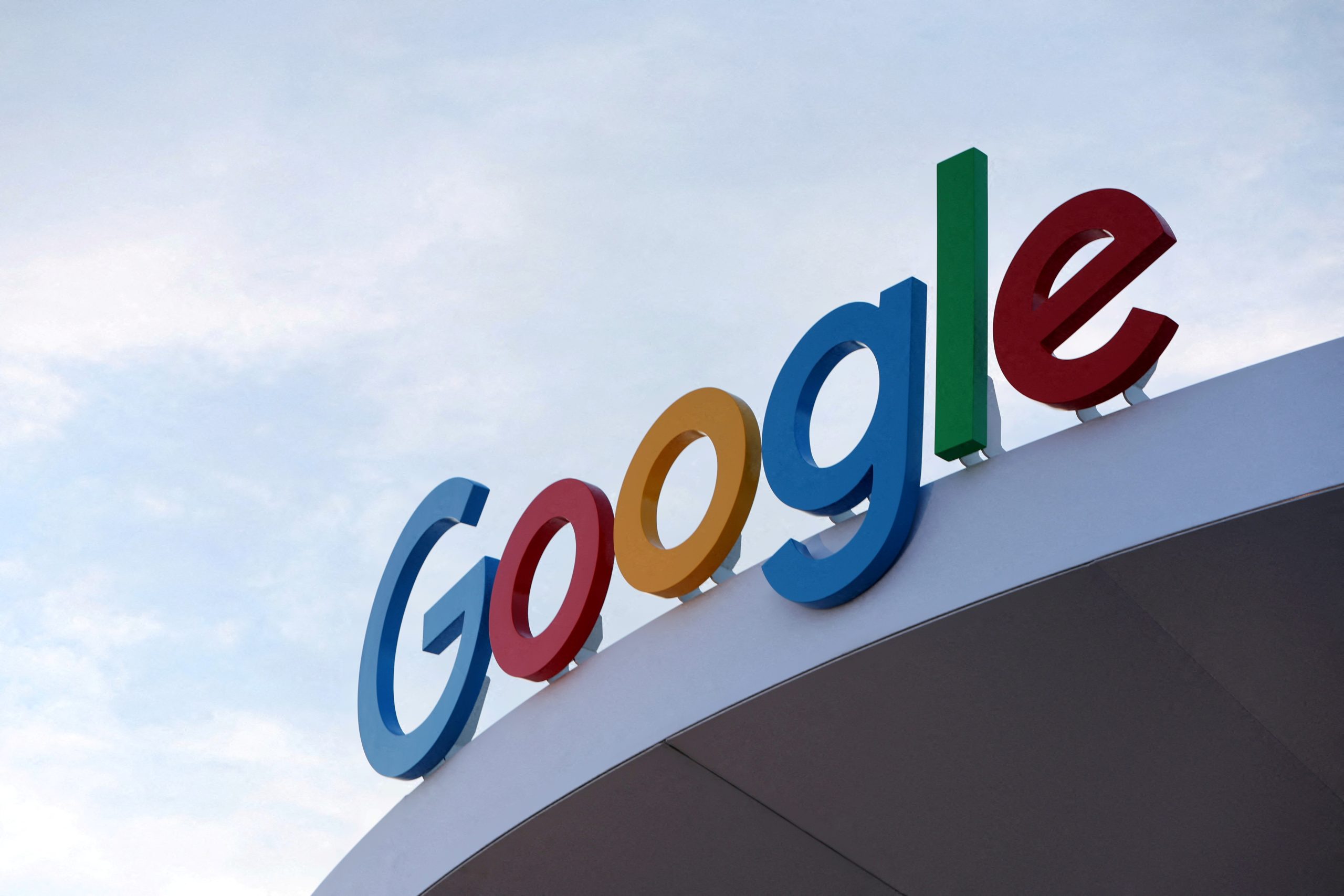Recent earnings reports from key companies in the ad tech industry have shed light on the sector’s growth and evolving trends. Zeta, for example, saw a 42% increase in Q3 revenues, reaching $268 million, and raised its Q4 guidance to $297 million.
The company attributed part of this growth to its acquisition of LiveIntent, which is expected to drive further earnings. Meanwhile, The Trade Desk also reported a solid performance, with a 27% year-over-year revenue increase, bringing in $628 million. The company continues to establish itself as a significant alternative to dominant platforms like Google and Meta, capitalizing on trends like connected TV.
AppLovin, however, stood out with a 39% growth in Q3 revenue, which hit $1.2 billion. This significant rise boosted its market capitalization, surpassing The Trade Desk’s value, as its stock price approached $100 billion. AppLovin’s strong results came with a promising outlook for Q4, expecting between $1.24 billion and $1.26 billion in revenue. Despite speculation about potential mergers or acquisitions, the company’s executives emphasized their focus on organic growth, intending to expand their platform to serve millions of advertisers worldwide.
The Trade Desk, on the other hand, emphasized its success in the connected TV (CTV) sector, a key revenue driver as advertisers increasingly shift their budgets from traditional TV to digital video platforms. Nearly half of The Trade Desk’s revenues now come from CTV, and CEO Jeff Green highlighted the company’s leadership role in this growing market.

Ad Tech Leaders Report Strong Growth as Sector Eyes Potential Market Shifts Amid Google Antitrust Trial
As third-party cookies are phased out, The Trade Desk has focused on providing more privacy-conscious advertising solutions, positioning itself as a leading choice for advertisers seeking alternatives to traditional methods of targeting.
Other companies like Magnite, Criteo, and LiveRamp also showed positive results. Magnite saw a 9% increase in Q3 revenue, driven by growth in CTV and curation efforts, with partnerships with media giants like Disney and Netflix playing a key role.
Criteo’s efforts to pivot towards retail media, in collaboration with Microsoft, helped offset declines in its traditional cookie-based retargeting business. LiveRamp, benefiting from Oracle’s exit from the ad space, experienced a 15% increase in revenue, further strengthening its position in the data services market.
Looking forward, the ad tech sector is closely watching the ongoing antitrust trial against Google, which is set to conclude in late November with closing arguments. The potential outcome of this trial, particularly if Google’s sell-side ad tech operations are broken up, could have significant repercussions on the competitive dynamics of the industry. Such a decision could open up new opportunities for companies like Zeta, The Trade Desk, and AppLovin, altering how players in the sector operate and compete.









































